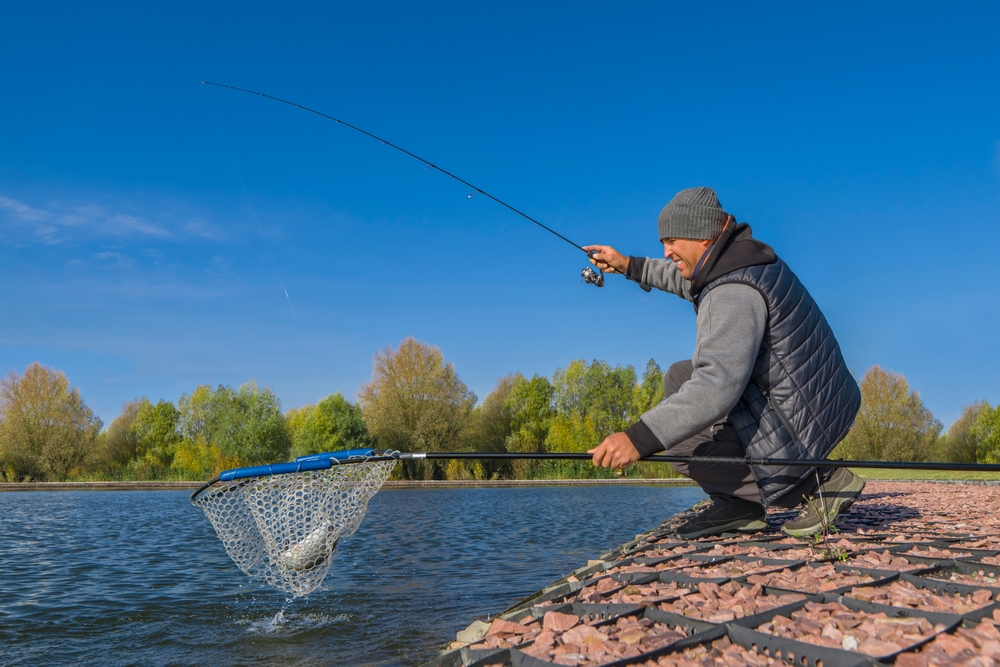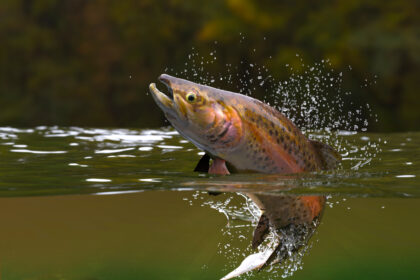2024 California Fishing License
To get a fishing license in California, visit the official website of the California Department of Fish and Wildlife (CDFW). From here, you should be able to navigate to the type of license you are needing, whether resident or non-resident, annual or short-term. Pay the required fee using a credit/debit card and receive confirmation of your license purchase, which serves as proof while fishing.
Familiarize yourself with trout fishing regulations, including catch limits and size restrictions, to ensure compliance with California’s fishing laws. Be sure to check the 2024 California Regulations Booklet for the most up-to-date fishing regulations, size and creel limits.
2024 | Annual* | Steelhead Report Card** |
Resident | $61.82 | $9.72 |
Non-Resident | $166.89 | $9.72 |
*License valid for one year from date of purchase.
**A Steelhead Report Card is required for taking steelhead trout from inland waters.
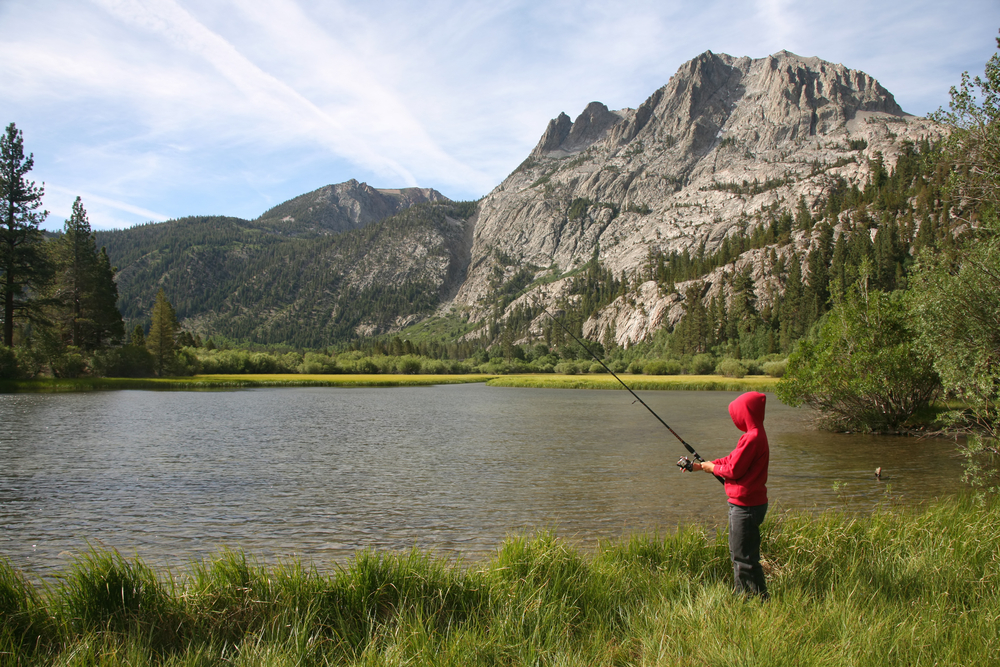
Fishing in California is a beloved pastime for residents and visitors alike, but navigating the state’s fishing license requirements can seem like wading through murky waters. Fear not! We’ve compiled a comprehensive guide to help you understand everything you need to know about obtaining and using fishing licenses in the Golden State.
Residency Matters:
If you’ve called California home for at least six months or are an active-duty military member stationed in the state, congratulations! You qualify as a resident. For everyone else, you’ll need a non-resident license to cast your line in California’s waters.
License Essentials:
Anyone 16 years or older looking to reel in fish, mollusks, crustaceans, or even amphibians in California must have a sport fishing license. The only exception? Anglers on public piers in ocean or bay waters can fish without one. If you’re hitting the waters of Lake Tahoe, Topaz Lake, or the California-Arizona border on the Colorado River, make sure to have the appropriate license.
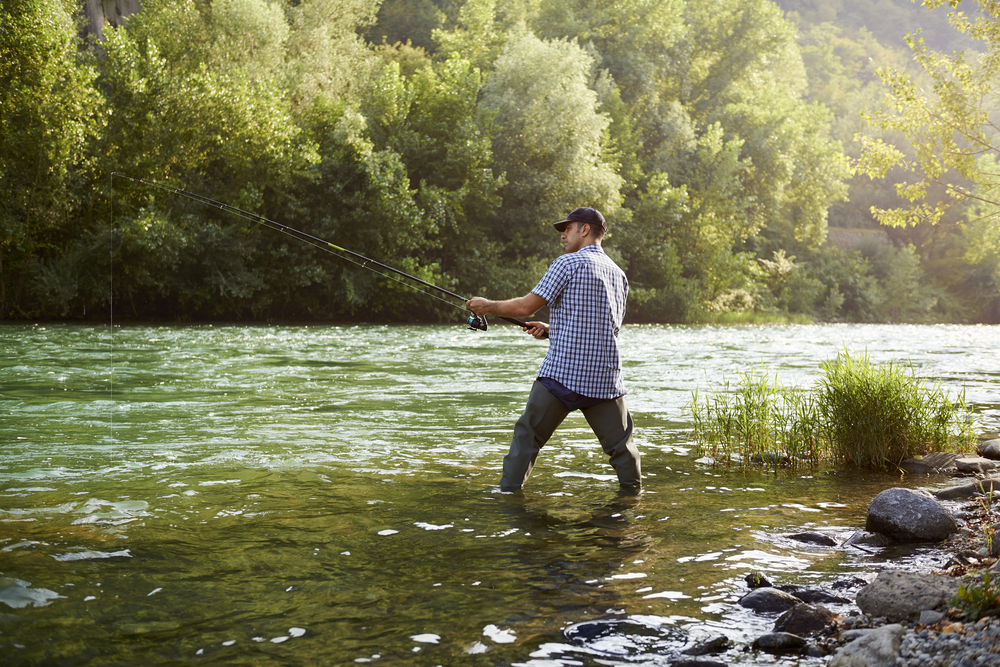
Identification Protocol:
When purchasing your license, bring along valid identification. This can include a driver’s license, passport, military ID, or tribal identification card. If you’re under 18, your parent or legal guardian’s ID will suffice.
Telephone Number Requirement:
Don’t forget to provide your telephone number when purchasing a license. This helps the government comply with federal regulations and ensures you won’t have to pay extra fees for national saltwater angler registration.
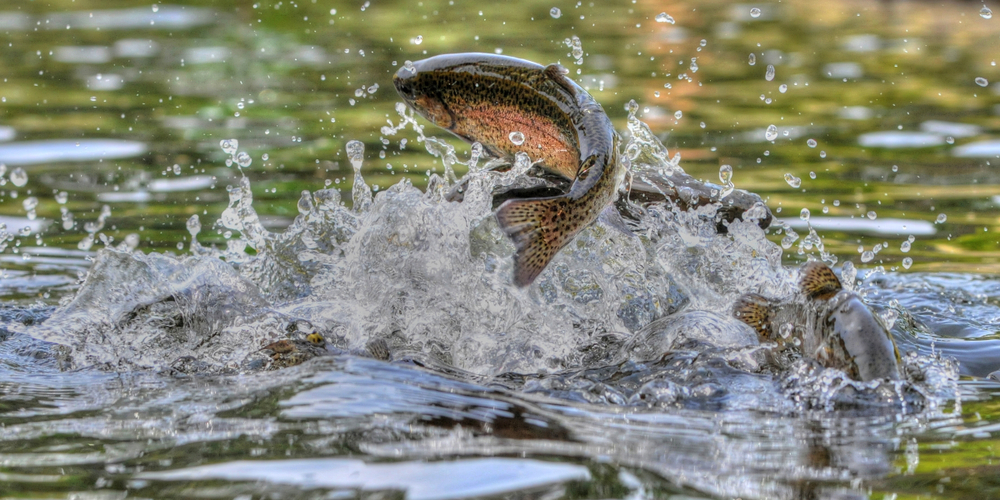
License Formats and Protection:
California’s licenses are printed on durable thermal paper, resistant to water, stains, and tears. Remember to keep your license away from extreme heat to prevent it from darkening and becoming illegible.
Purchasing for Others:
You can buy a fishing license for someone else, but make sure you have their customer identification number and date of birth. If you’re unsure, opt for a gift voucher, valid for 365 days from purchase.
Telephone License Sales and Online Options:
Purchase your fishing license, validations, and report cards either over the phone or online for convenience. Telephone purchases are mailed within 15 days, while online options streamline the process and facilitate easy report card submissions.
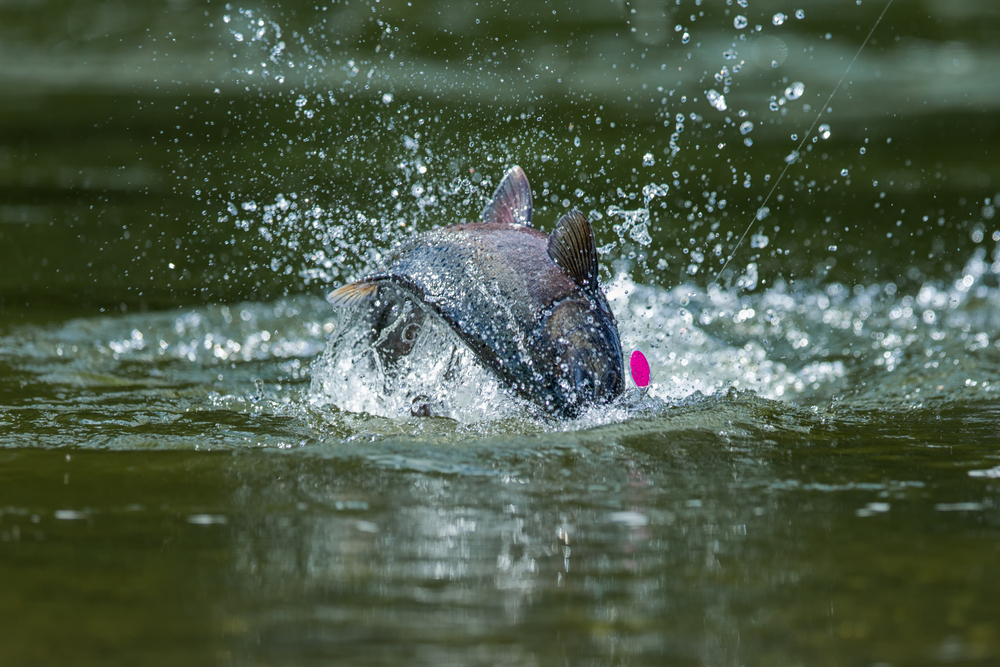
Reporting Your Harvest:
Responsible anglers must report their harvests accurately and promptly. Online reporting is the way to go, ensuring fishery scientists have critical data to manage fishing programs effectively. Remember, reporting deadlines vary, so mark your calendar!
Special Cases and Exemptions:
Certain groups, such as veterans with service-related disabilities and low-income seniors, may qualify for reduced-fee or free fishing licenses. Additionally, individuals with disabilities or visual impairments can request exemptions.
Staying Informed:
Fishing regulations can change, so it’s essential to stay up-to-date. Check the California Department of Fish and Wildlife’s website, newsroom, or contact local offices for the latest information before heading out on your angling adventure.
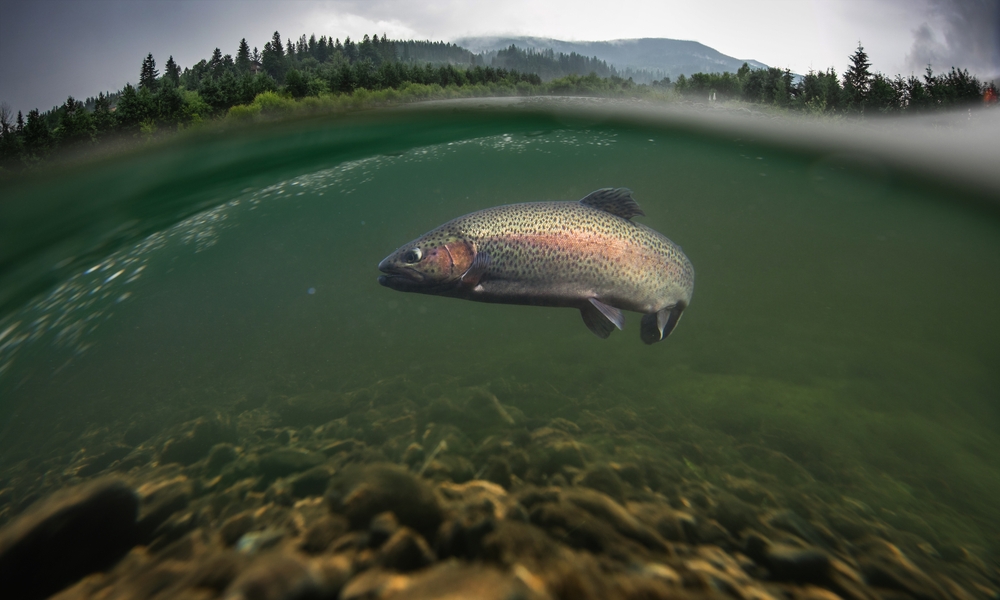
Final Thoughts
In conclusion, while navigating California’s fishing license regulations may initially seem daunting, understanding the requirements and procedures ensures a smooth and enjoyable fishing experience. So, grab your gear, cast your line, and immerse yourself in the beauty of California’s waters—legally and responsibly, of course!

